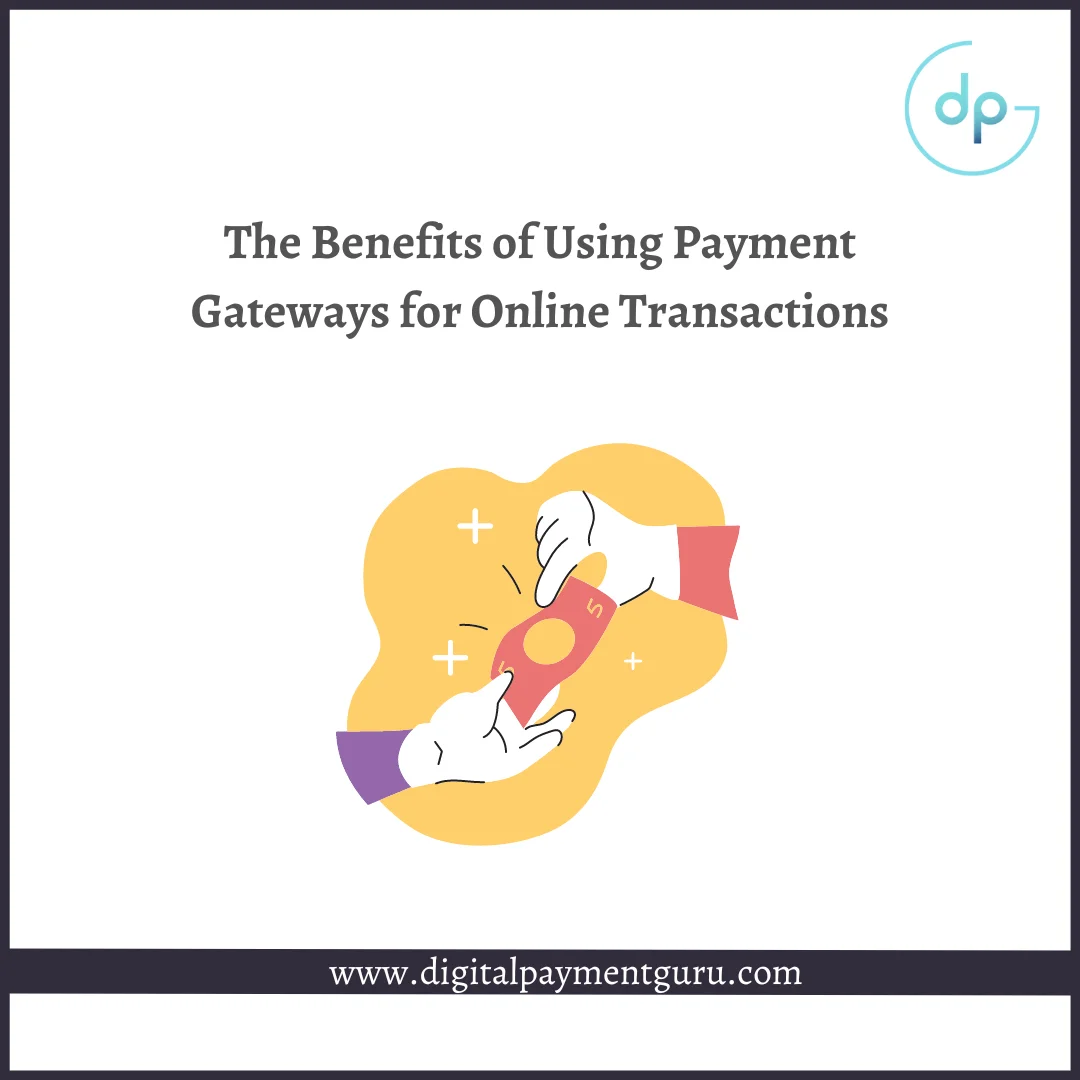Online transactions are becoming increasingly popular in today’s fast-paced digital world. People are turning to online transactions as a convenient way to make purchases ranging from groceries to services. However, there are security risks associated with online transactions, which can be mitigated by using payment gateways.
A payment gateway is an online service that allows merchants to accept customer payments. It acts as a go-between for the merchant and the customer’s bank, securely processing transactions and protecting payment information. Payment gateways provide several advantages to both merchants and customers, which we will discuss further below.
Secure transactions
One of the primary advantages of using payment gateways is that they add an extra layer of security to online transactions. Payment gateways use encryption and tokenization technology to protect sensitive payment information from fraudsters, such as credit card numbers. This lowers the risk of data breaches and aids in the prevention of fraudulent transactions.
Enhanced Trust
Using a payment gateway can boost customer trust in your company. Customers are more likely to make purchases from your website if they see that you use a reputable payment gateway. Payment gateways also provide additional security features like fraud detection and prevention tools, which can boost trust in your company.
Transactions that are completed more quickly
When compared to traditional payment methods such as checks and wire transfers, payment gateways provide faster transactions. Payment gateways process transactions in real time, allowing merchants to receive payments right away. This is especially useful for businesses that require a high volume of transactions to be processed quickly, such as e-commerce stores.
Cost-cutting measures
Payment gateways can help businesses cut costs. Businesses can avoid the costs associated with manual payment processing, such as printing and mailing invoices, by using a payment gateway. Payment gateways also provide competitive transaction fees that are sometimes lower than those charged by traditional payment processors.
Increased Customer Satisfaction
Payment gateways provide customers with a streamlined payment experience, which can boost customer satisfaction and loyalty. Payment gateways enable customers to pay with their preferred payment methods, such as credit cards or digital wallets, and provide a variety of payment options to meet a wide range of customer requirements. Payment gateways also provide automatic payment reminders and recurring payment options, which can help customers manage their payments more easily.
Payment gateways with global reach enable businesses to accept payments from customers all over the world. Payment gateways accept multiple currencies and payment methods, allowing businesses to sell to international customers with ease. This can assist businesses in increasing their customer base and revenue.
Simple Integration
Payment gateways are simple to add to your website or mobile app. The majority of payment gateways provide APIs or plugins that allow you to integrate payment processes into your website or mobile app. This enables businesses to quickly and easily begin accepting online payments.
Finally, payment gateways provide numerous advantages to both businesses and customers. Payment gateways can help businesses increase revenue and customer satisfaction while lowering costs and risks associated with manual payment processing by providing a secure, fast, and easy payment experience. Payment gateways will become an increasingly important tool for businesses to stay competitive and meet the needs of their customers as online transactions continue to grow in popularity.


